G3 - Food & Feed
The Food & Feed (F&F) group (G3) includes a total of about 40 senior researchers. It involves biologists and microbiologists, chemists, food engineers and scientists, gastronomists, oenologists, rheologists, economists and sociologists as well as animal production scientists. The large potential for synergies deriving from this merging of complementary competences is creating great value for this group, namely:
Food and Feed, understood in a wider scope, includes wine and all concepts of safety, impact on health and hedonism will be covered. The group is able to study F&F as biological materials, transformed by technology to be safer, healthier and appealing to the consumer, by using efficient processing in energy and costs, ideally with no residues left to impact the environment. The driving force is to translate the scientific knowledge into industry-based projects, to incorporate innovation by the stakeholders, keeping in mind the circular economy principles.
The strategy of using by-products as new functional (with impact on health) foods or ingredients has a long tradition (over 30 years) in the group. The biologists and microbiologists are experts on food safety and fermentation technologies from liquid to solid media, chemists and food scientists are focused on the structure of foods and functional ingredients, with excellence in the areas of antioxidants, namely polyphenols; in food rheology; in bioactive ingredients with impact on health and animal nutrition.
Given the wide scope of research areas and methodologies used, the G3 group is smoothly coordinated by the team leader accommodating a large degree of freedom. G3 has a comfortable number of PhD students and is involved in Erasmus Mundus Masters receiving a large number of foreign students. The group has been involved in several national projects with the industry, international projects and the organization of national and international meetings.
Group Coordinator
Anabela Raymundo
Contact:
E-mail: anabraymundo@isa.ulisboa.pt
https://orcid.org/0000-0001-5266-1685




